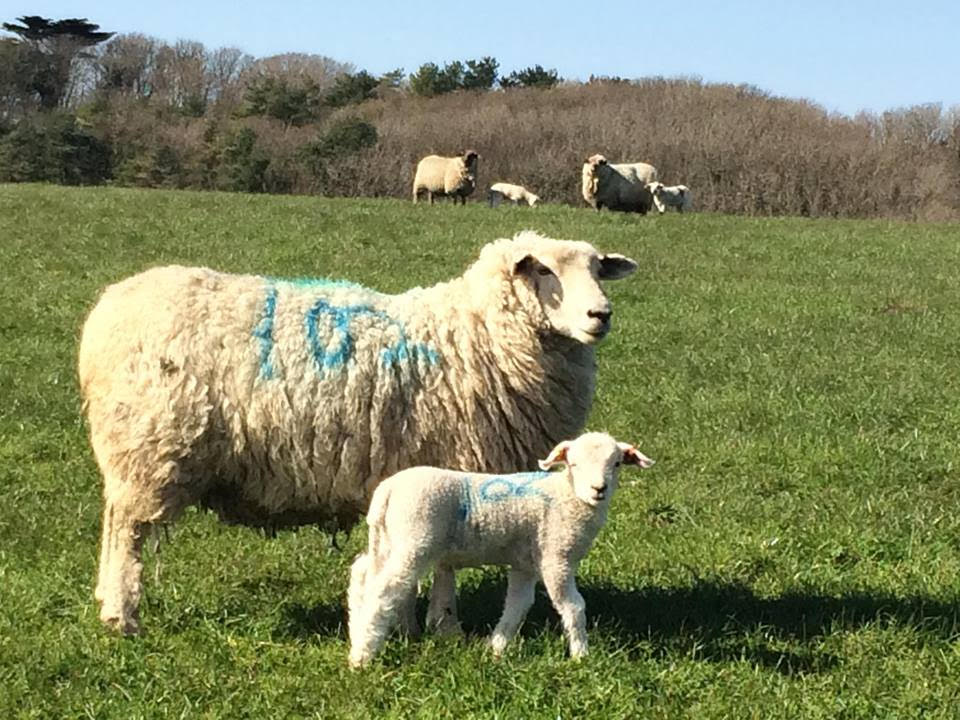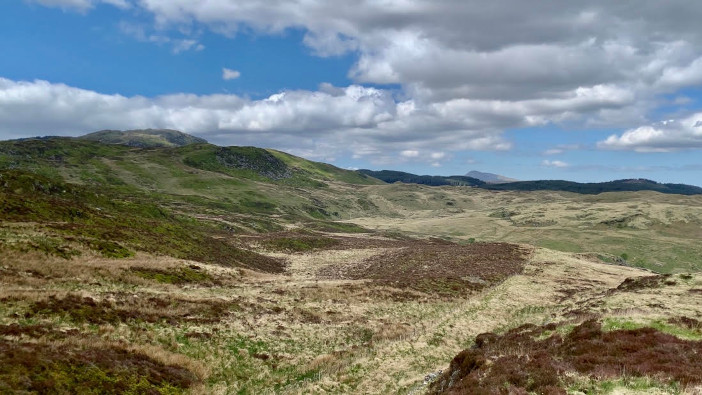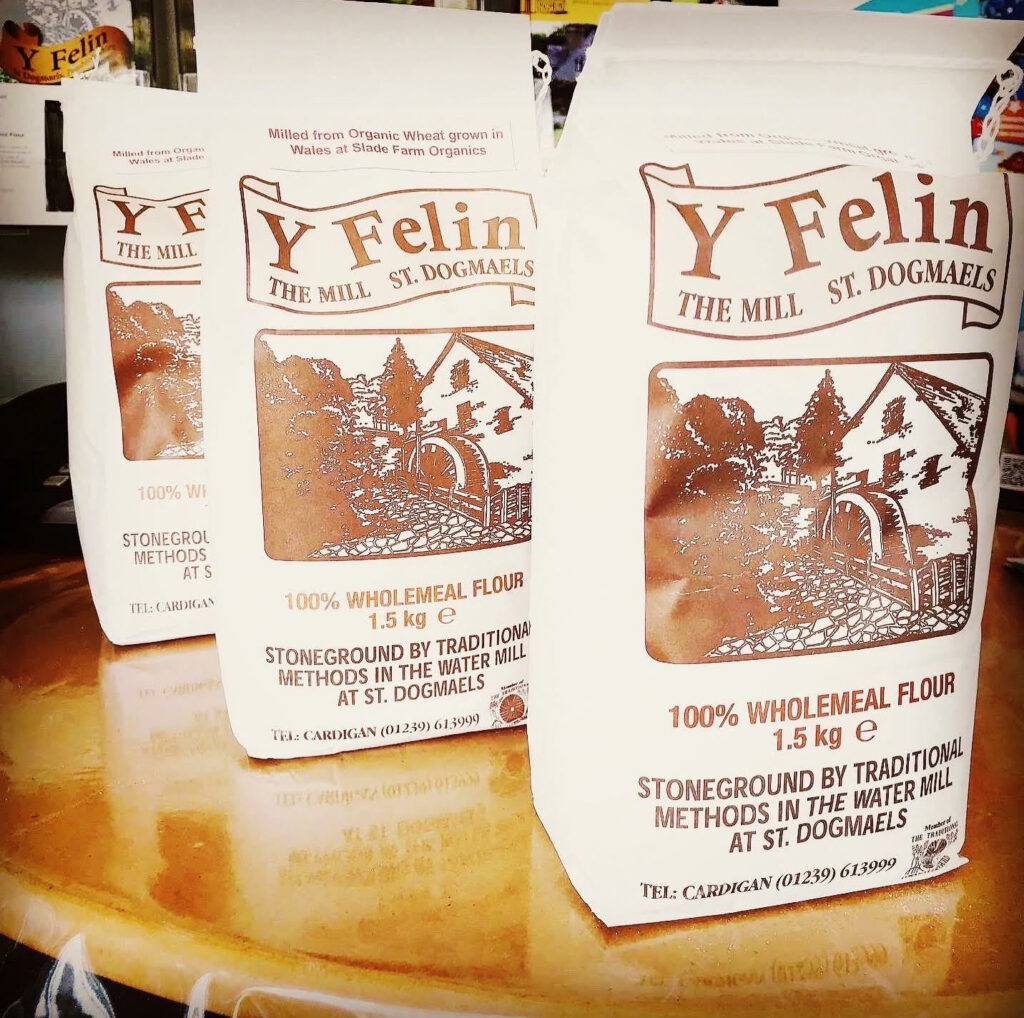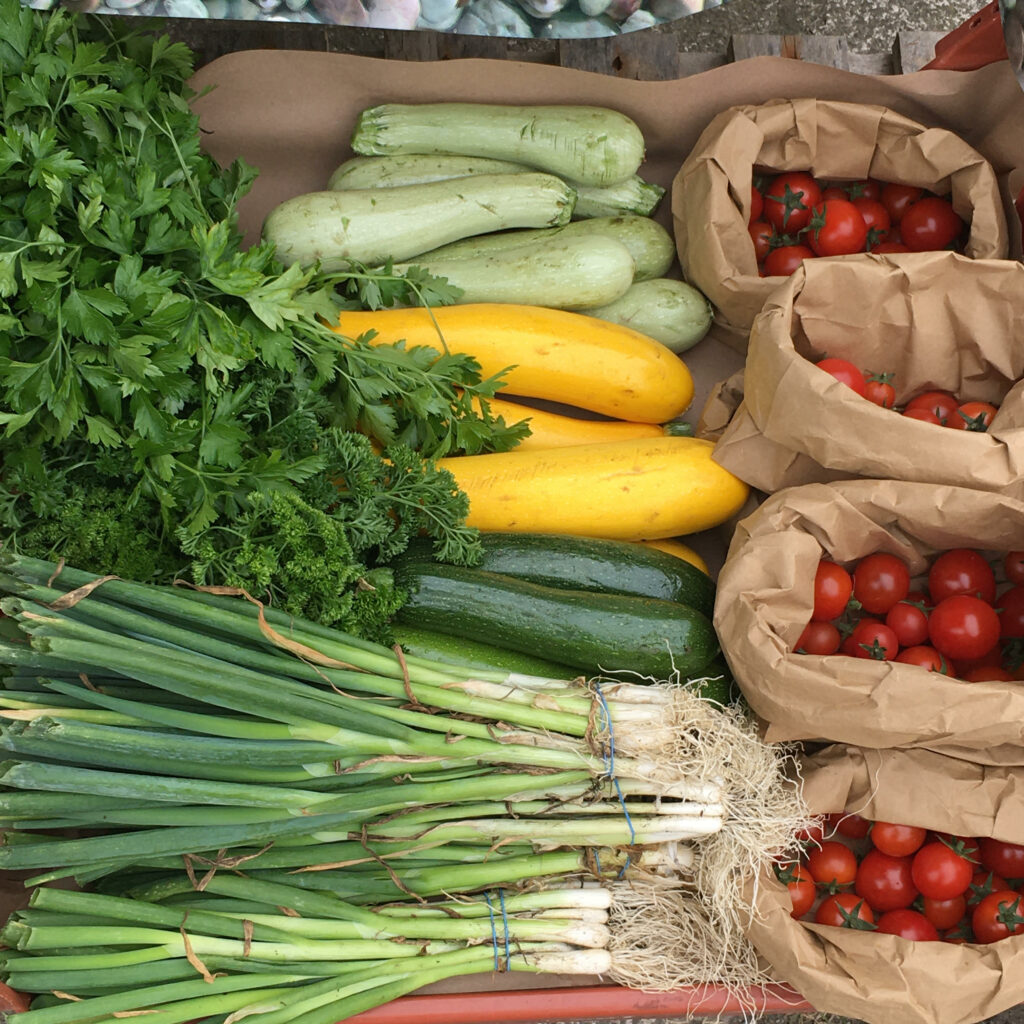A new report from the Nature Friendly Farming Network (NFFN) has revealed key areas for on-farm action to restore farming’s landscapes and lessen the impact of climate change. It’s said that farmers need to urgently scale and pace the adoption of nature-based solutions for addressing climate change and biodiversity losses or they will face an uncertain future.
The Rethink Farming report presents evidence that farming with nature will restore natural assets and improve resilience to a warming world. It uses 18 case studies to reveal how farmer-led innovation and nature-based solutions can positively impact businesses.
Highlighted are practical on-farm actions for restoring the environment so that farming can weather the worst of increasing climate shocks. The report also argues that continued deterioration will impact the livelihoods of farmers if the sector doesn’t transition to regenerative practices.
It concludes that farming with nature can maximise returns, offer viability in changing markets, increase profitability through reduce inputs and ensure a more adaptable landscape.
The NFFN is calling for greater ambition from the government in elevating the key role farming plays in delivery for net-zero and calls for more action across farm holdings to prevent irreversible outcomes if the trajectory of climate change continues.
Martin Lines, chair, Nature Friendly Farming Network, said: “It’s in farmers’ best interests to start acting on climate change and natural recovery, so we are in a good place for maximising opportunities for funding for public goods, and further down the line, to capitalise on returns from private markets.
“We know that farming is contributing to ecological disruption. And the science is clear – we have 10 years to avoid the worst effects of the climate emergency. Simple solutions can have the greatest impact in preparing farming for what’s to come.

“We have a moral obligation to act on this after decades of intensification have contributed to the challenges we face. It’s not just farmers, it’s everyone. What are we waiting for?”
The report additionally includes research from 726 of the NFFN’s public and farmer members, revealing overwhelming concern about how climate change and biodiversity losses will affect UK farmers.
- 92% are concerned about the effects of climate change on their business, with 80% concerned about biodiversity losses
- 97% of farmers think consumers need to be better educated about the value of natural assets on farms, including how successful management of natural capital is a public benefit
- Over 90% believe food labels should clearly identify production measures
- 71% do not think the industry is currently equipped to deal with the challenges of climate and nature loss, at the same time as sustainibly producing food
- 98% want farming to do more to address climate change and biodiversity losses
- 88% of farmers think the sector needs to be better encouraged to enter environmental schemes
It further revealed that 86% of people want to support farmers who are creating wildlife habitats and restoring soil health. 61% want to support carbon storage, 64% want to support improved water quality and 66% would support high-welfare farming. Nearly all (96%) want to see public money used to support farmers who are implementing restorative measures covering soil health, biodiversity, carbon-storing and water quality, while 96% also said they want environmental standards that mitigate climate change and restore nature to be enshrined in law.
The report calls for mandatory labelling for both domestic and imported food, with a robust and transparent labelling regime to promote traceability and to encourage the adoption of climate-friendly farming through consumer-led incentives.
Other recommendations include preventing the import of commodities linked to deforestation or conversion of carbon-rich ecosystems and a review of existing policies with a focus on developing sustainable food systems and shortening supply chains.
The report is endorsed by leading environmental organisations including the Soil Association, Plantlife, Woodland Trust, RSPB, Butterfly Conservation, Woodland Trust and more. Sustain, Farm Wildlife and the James Hutton Institute have also contributed to the report with supporting statements.




